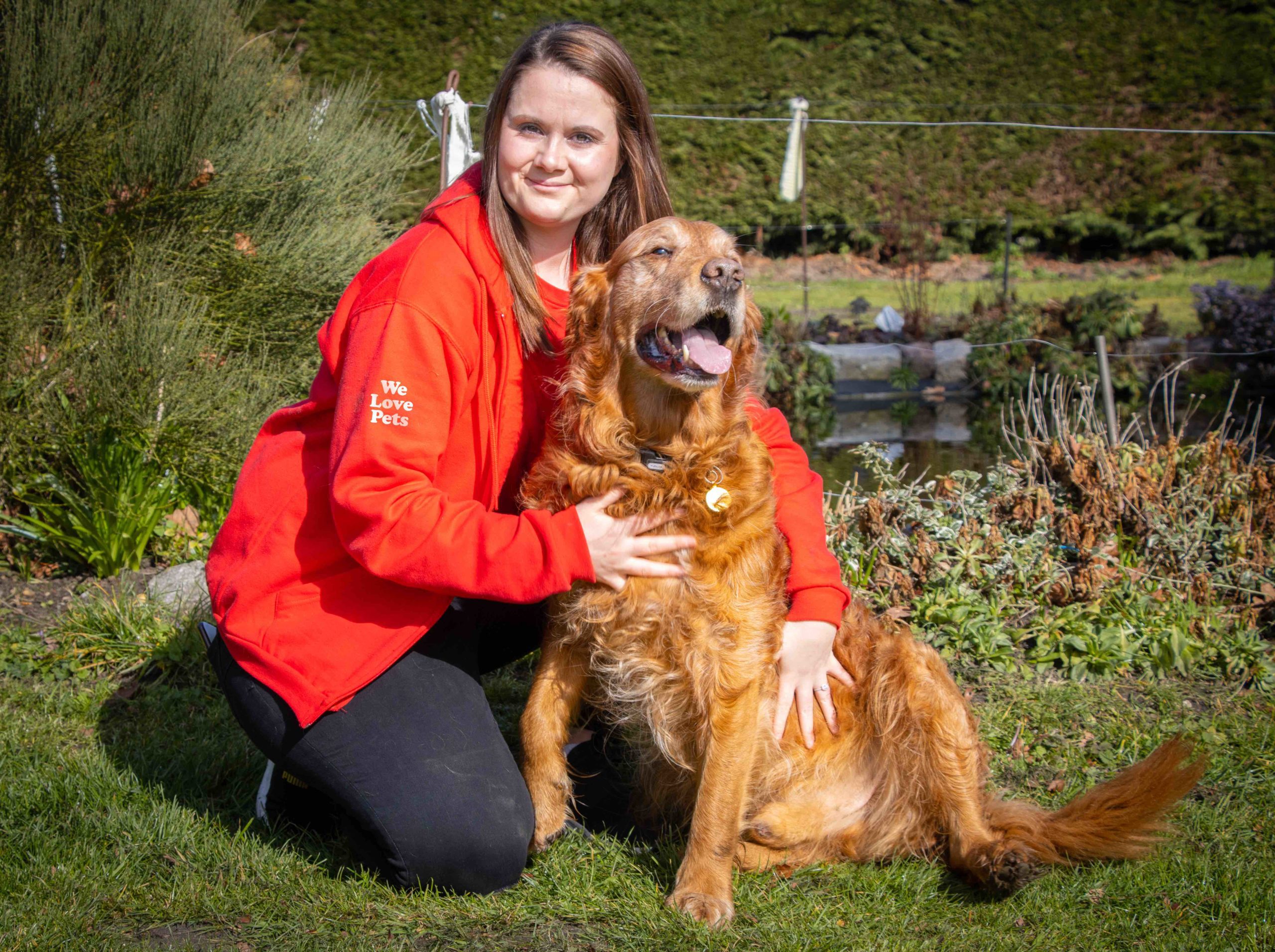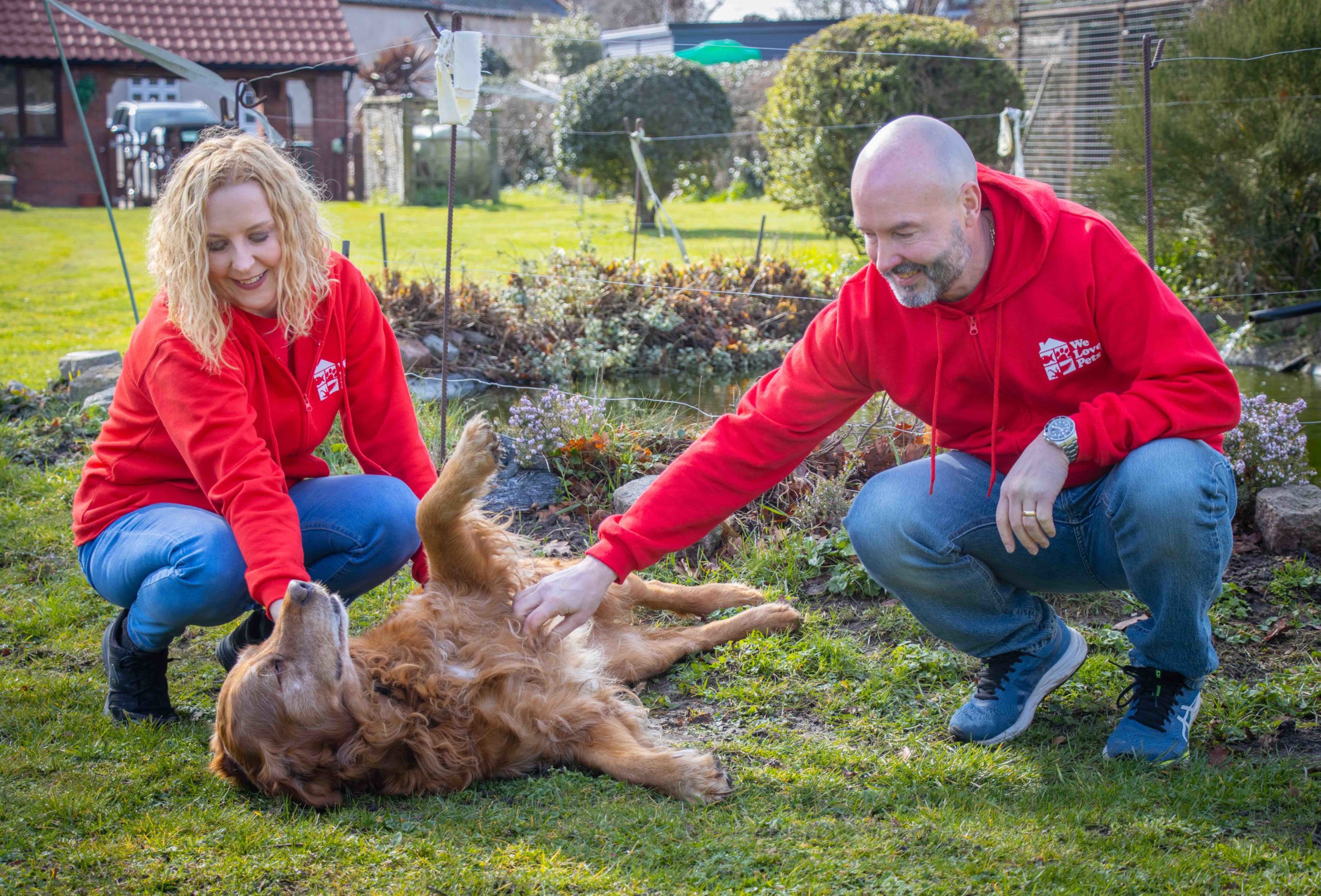In response to recent reports of prolific vomiting in dogs, we asked our Vet Nurse Chelsey whether this is an outbreak we should be worried about.
“I think it’s important to say that vomiting and diarrhoea or gastroenteritis can be fairly common in dogs. This can be contracted in a number of ways including bacteria, parasites, toxicity, ingesting foreign objects as well as by viruses. So, we are not saying that every case is going to be this serious, but owners should be vigilant.”
“It’s not clear at the moment whether we’re dealing with an outbreak. The Small Animal Veterinary Surveillance Network (SAVSNET) at the University of Liverpool is still collecting data on potential causes of the virus.”
“What seems to be different about these recent cases is the increase in vomiting that we are seeing.”
Symptoms of the vomiting virus
The Vet Times describes the symptoms of this particular virus:
Vomiting profusely, roughly every 10 minutes and quite forcefully. Dogs might vomit four to eight times a day. Sometimes the vomiting stops, such as overnight, and then restarts. Dogs might vomit after taking water.
Dogs are reluctant to take food for two to five days, even after vomiting has stopped.
Some dogs have been lethargic or ‘dull’ for about two to three days after vomiting has started.
Gravy-like diarrhoea.
What to do if your dog is sick
Chelsey says:
“Any dogs with vomiting or diarrhoea should be monitored closely and exposure to other dogs should be kept to a minimum while symptoms persist.
Feed a bland diet of something like chicken breast and rice little and often, this can help to resolve symptoms.
If symptoms persist longer than 24 hours or get worse (blood present in vomit or diarrhoea, vomiting more than 4-5 times in 24 hours or your dog becomes more lethargic, dehydrated or listless) then they should be seen by their vet.
If you have a puppy or small breed dog, be extra cautious as they can become poorly much quicker. I recommend any puppy with vomiting should be seen ASAP.”
Report your dog’s case
To help the veterinary community understand whether this is part of normal seasonal variation or whether a specific virus or bacteria is involved, SAVSNET are asking vets and dog owners to complete a questionnaire about affected pets.
Don’t panic!
Whether this is a virus or not, dogs usually make a full recovery with routine vet treatment so try not to panic. If you are worried, make an appointment with your vet straight away and try to keep your dog’s contact with other dogs at a minimum.




